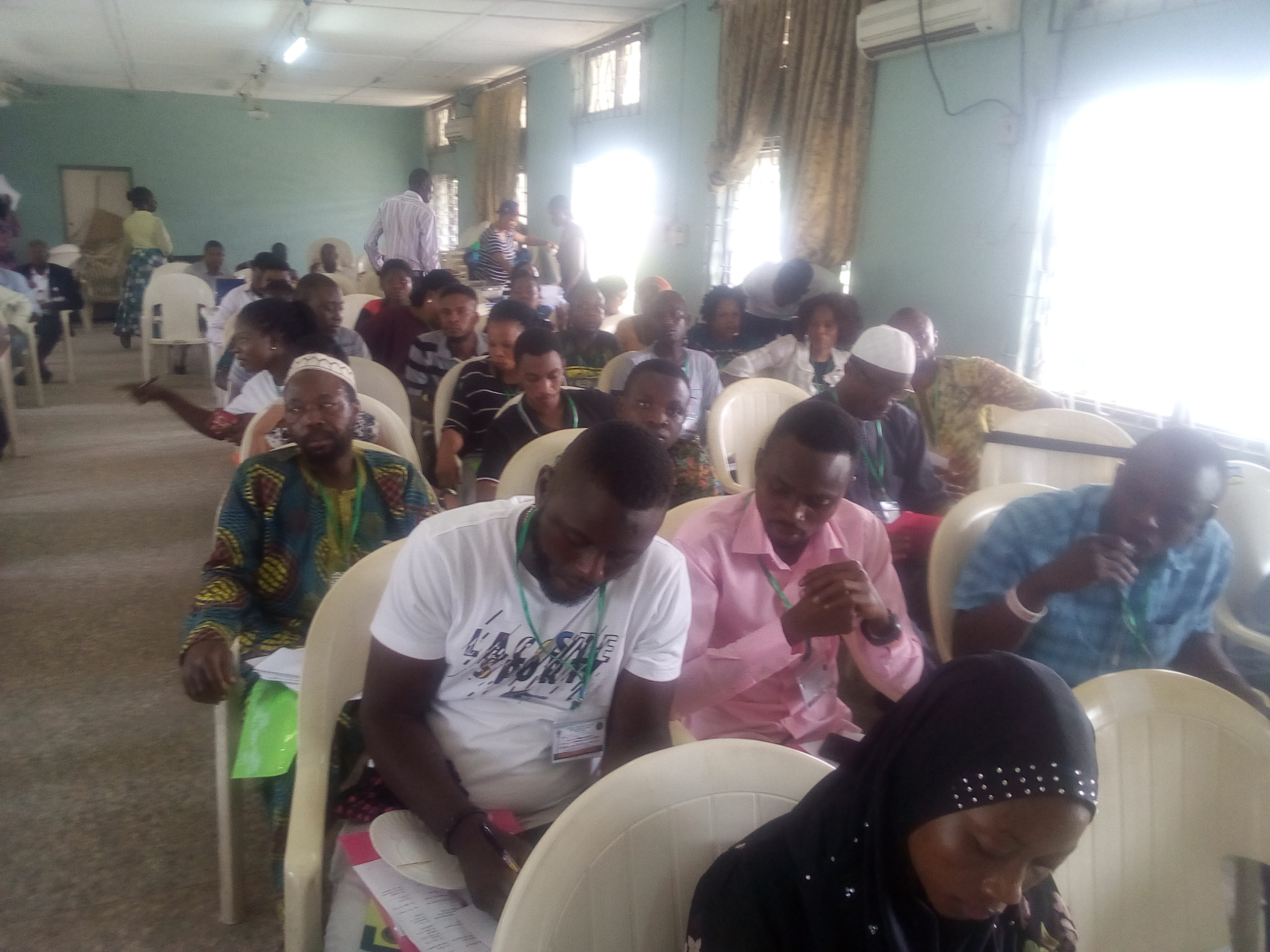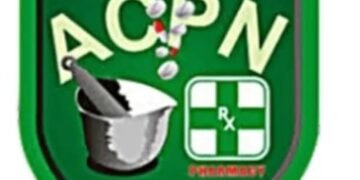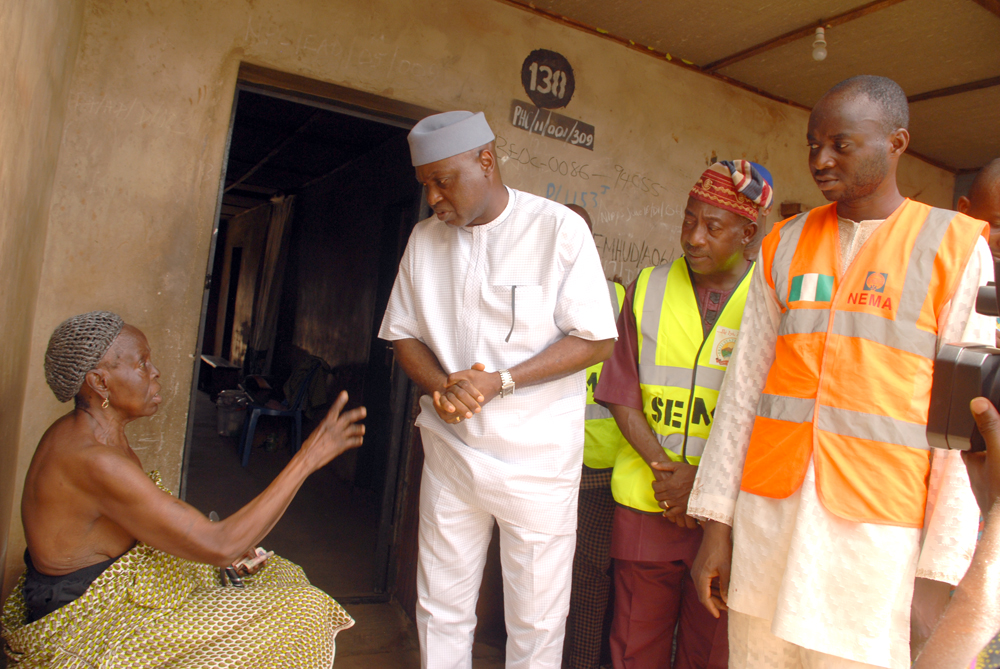In their bid to stern the rate of unemployment in the South West region, the National Assembly committees on Agriculture and the Institute of Agricultural Research and Training (IAR&T), have trained no fewer than one hundred and twenty youths in maize production.
Executive Director of IAR&T, Professor James Adediran while speaking on Tuesday during the opening of the training which was organized by the Senate and House of Representatives committees on agriculture in conjunction with IAR&T added that the training was organised in order to complement the efforts of the present government to use the agricultural sector to generate employment.
At the training where the youths were provided starter parks which included; seeds, ferterlizer and some agro-chemicals, were youths cut across the six Southwest states of Oyo, Osun, Ogun, Lagos, Ekiti and Ondo.
Adediran while speaking at the training held at IAR&T Ibadan said, “It gives me pleasure to welcome you to this training workshop organized by Olusola Olojede & Co in conjunction with Bora Agro Nigeria limited on maize value chain under the joint sponsorship of the committees on agriculture of the Senate and the House of Representatives.
“We will all recall that following the economic recession of 2016, the economic recovery growth plan have targeted economic diversification as a way of widening the revenue base of the country. In this regard, the agricultural sector has been identified as a sector with high potential in the speedy realisation of this noble objective.
“It is therefore the intention of government to continue to use the sector to generate employment for our able bodied youth. The crop sub-sector of the agricultural sector is endowed with a lot of enterprise; however, the maize enterprise has for decades demonstrated unending potential in addressing household food security and industrial growth.
“Not only is the crop strategic to attainment of food security, but its importance in the industrial sector has continued to increase with growth with livestock, breweries, starch and breakfast meal industries.
“However, it is also known that the enterprise is also responsive to soil fertility depletion, incidence of pests and diseases. This therefore suggests that profitable maize production should take place in adequate consideration of these factors.
“The IAR&T has developed many high yielding and disease resistant maize varieties adaptable to South West agro-ecologies in particular and beyond. Kindly permit me to list some of these maize varieties; ART 98 SW6, ART 98 SW1, BR992B DMR-SR-Y, BR 992B DMR-SR, ILE-1-OB, DMR LSR-Y, DMR ESR-Y among others.
These are indication to complementary improved cultural practices targeted at greater yield. The institute has been deploying these technologies for decades and has played prominent role in the maize industry over years.
Deputy Director of the institute, Dr. Saka Olaide who coordinate the training said, “We are all aware of the social problem that we have been having on youth unemployment and government has emphasized that all economic blueprint shall targeted towards engaging our youths.
“That is why we have been mobilising youths to take agriculture as a business. This program is targeted at empowering them, give them the right orientation to emerge as agricultural entrepreneurs.
“We are given them starter parks, that starter park will have seeds and some quantity of ferterlizer and some agro-chemicals













